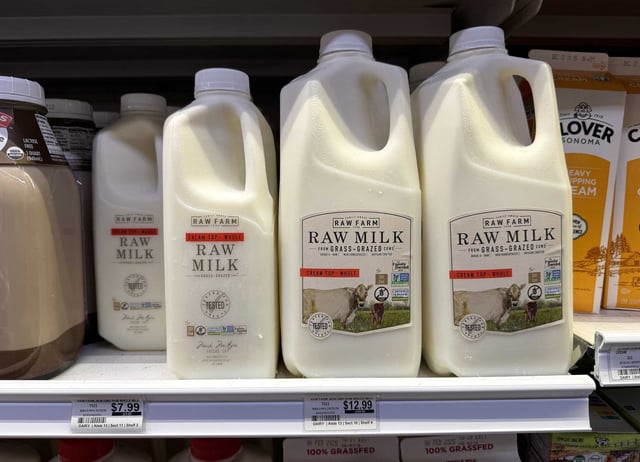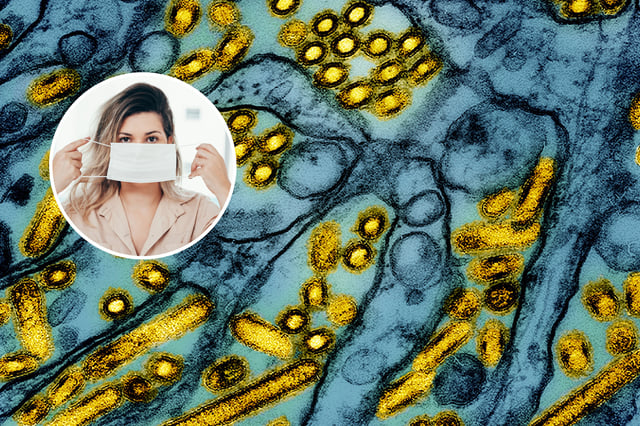Overview
- The U.S. Department of Agriculture has announced a national milk testing program to detect H5N1 bird flu in raw, unpasteurized milk from dairy herds.
- The testing strategy includes five stages, starting with sampling at processing facilities and progressing to herd-level investigations and long-term monitoring in unaffected areas.
- California has been the hardest hit, with over 500 of the 700 infected herds nationwide, while human cases have reached 58, mostly in agricultural workers exposed to infected animals.
- Pasteurized milk remains safe for consumption, as the heat treatment eliminates the virus, but officials strongly advise against drinking raw milk due to potential contamination risks.
- Concerns over human-to-human transmission are low but ongoing, with experts warning about the potential for mutations that could increase the virus's transmissibility.



